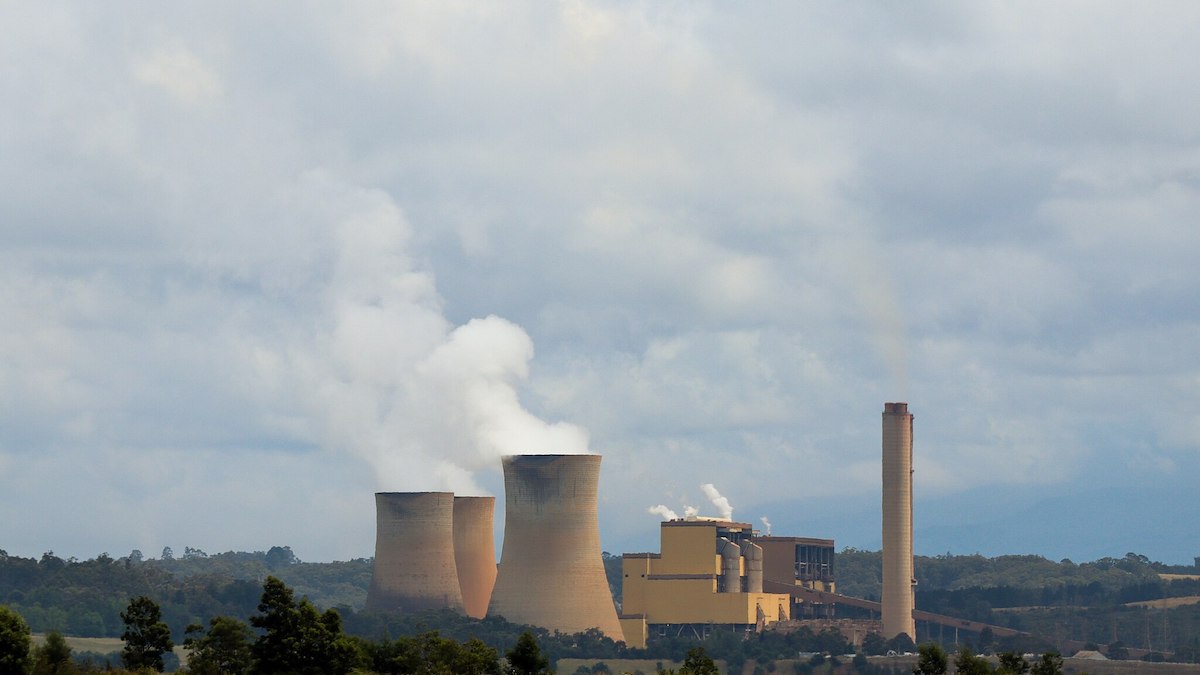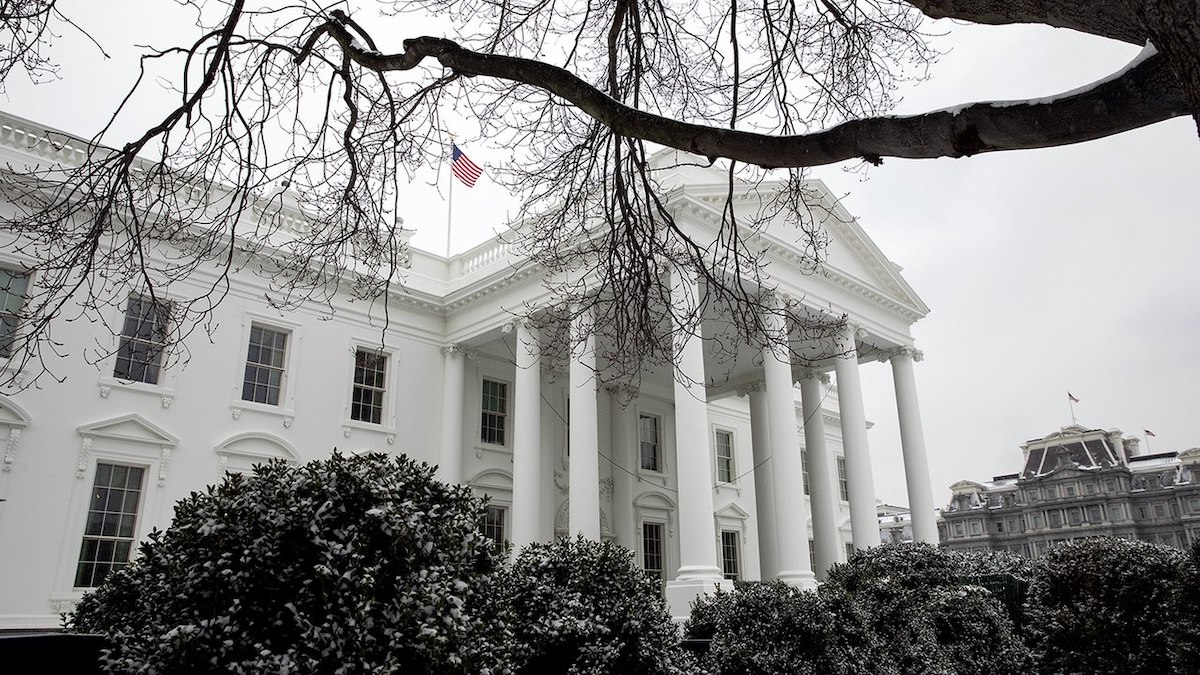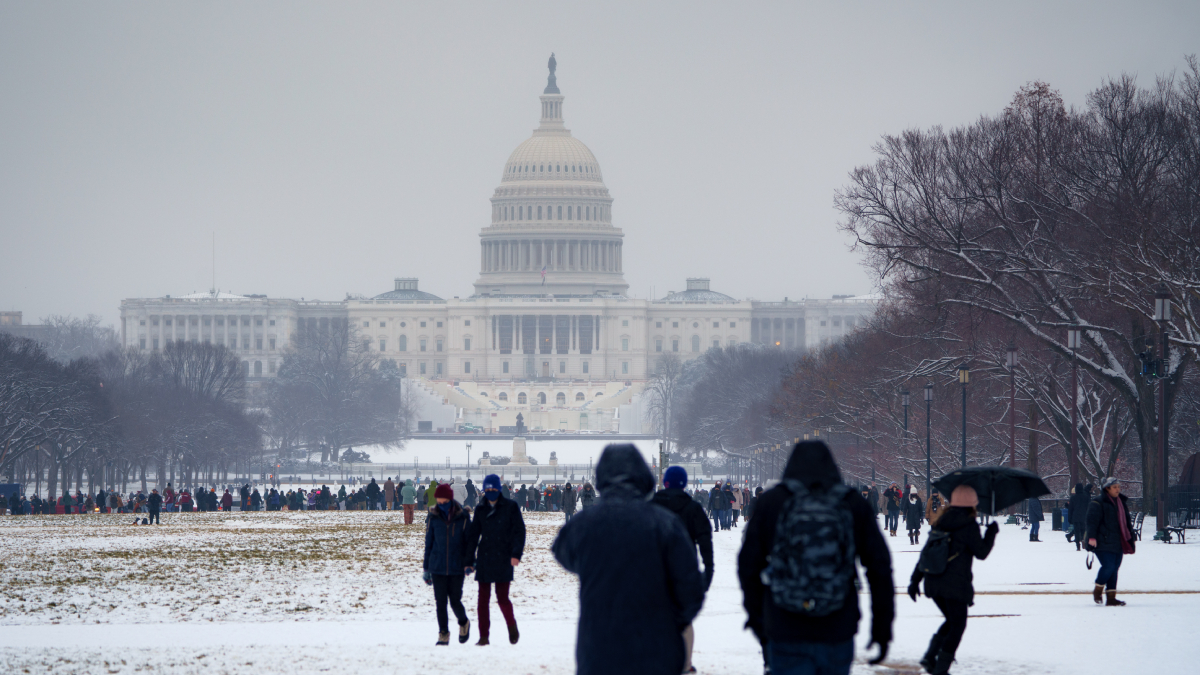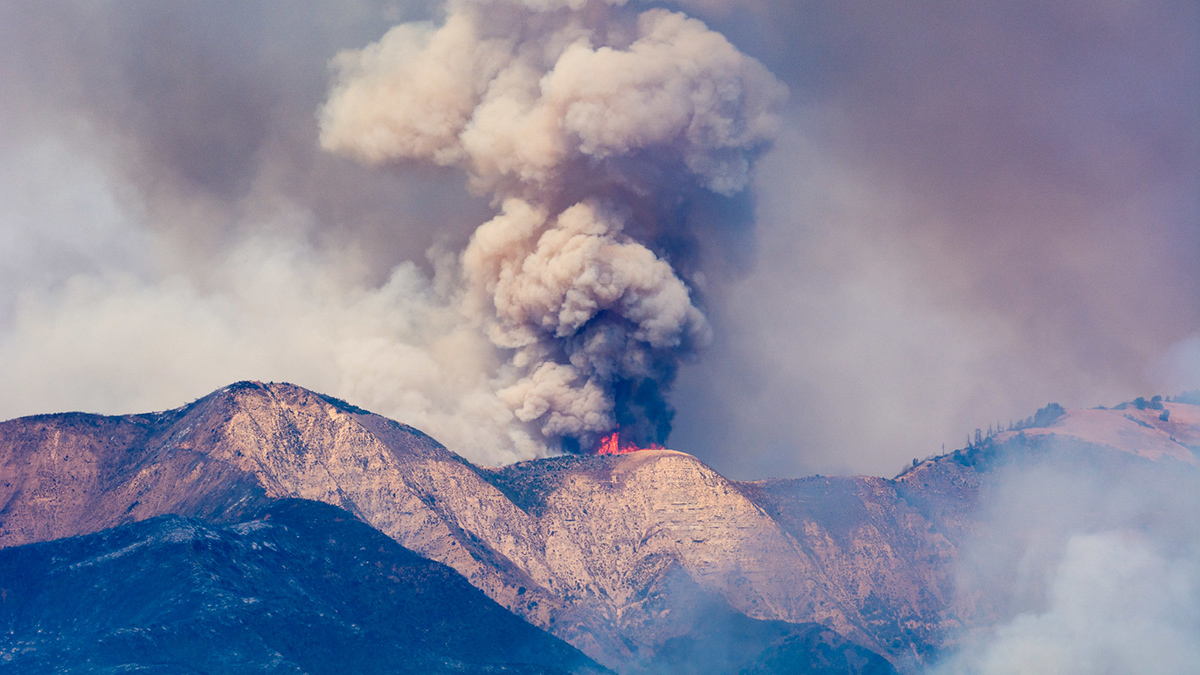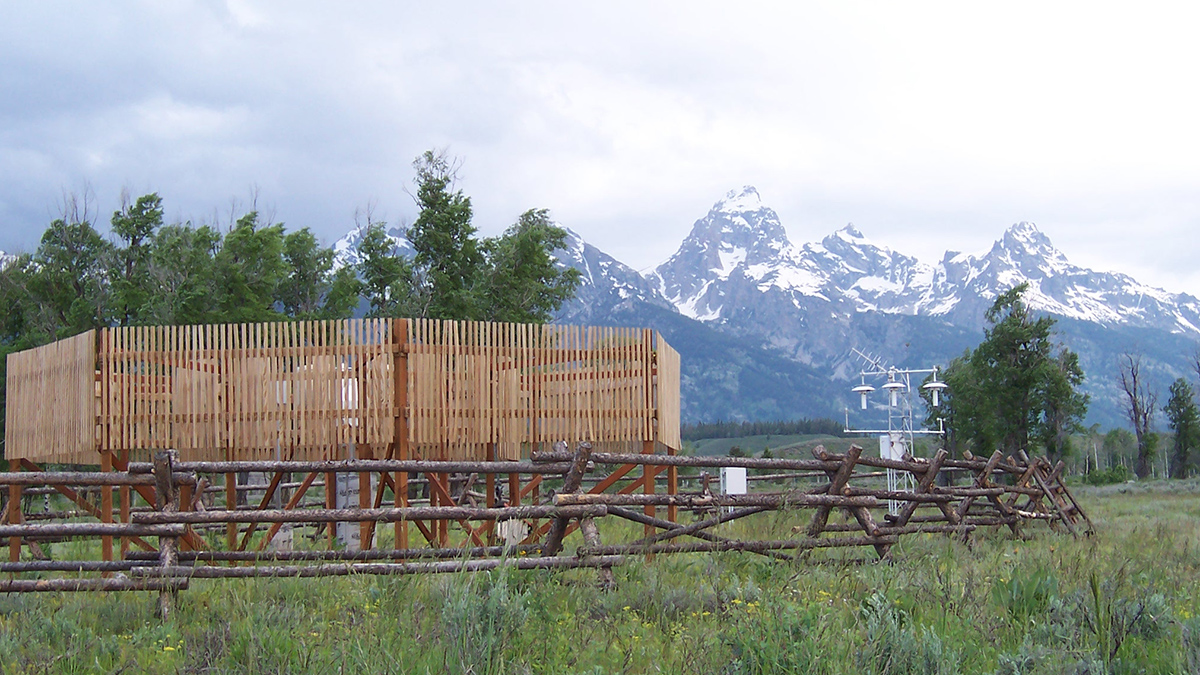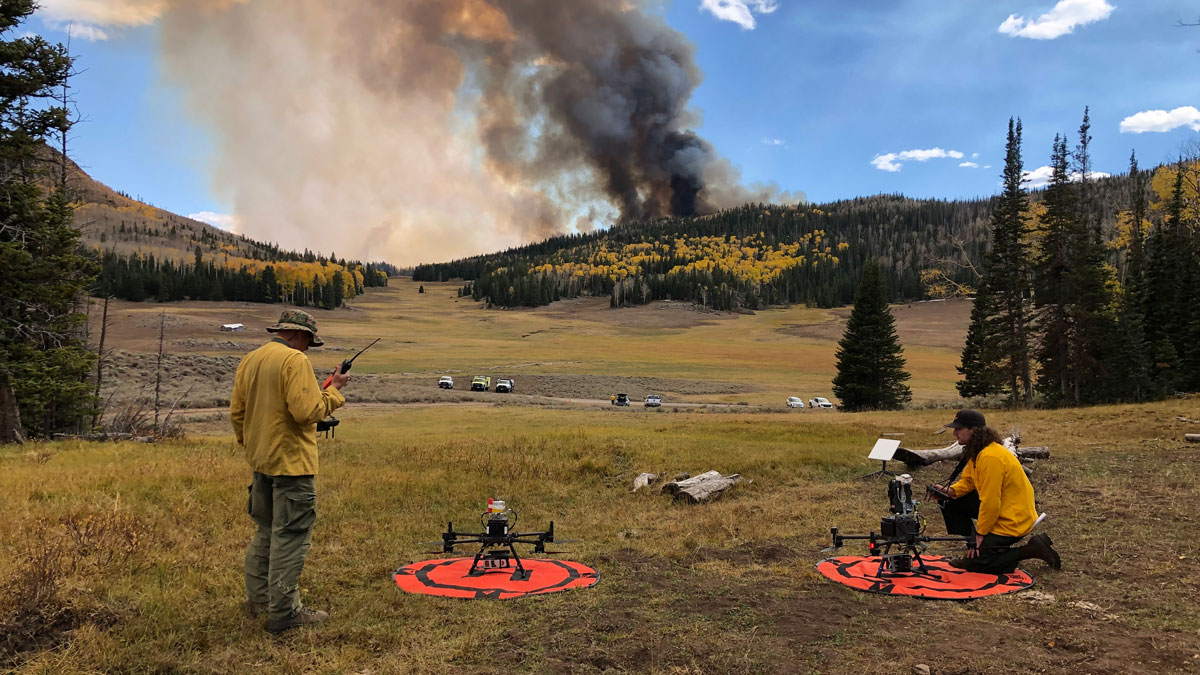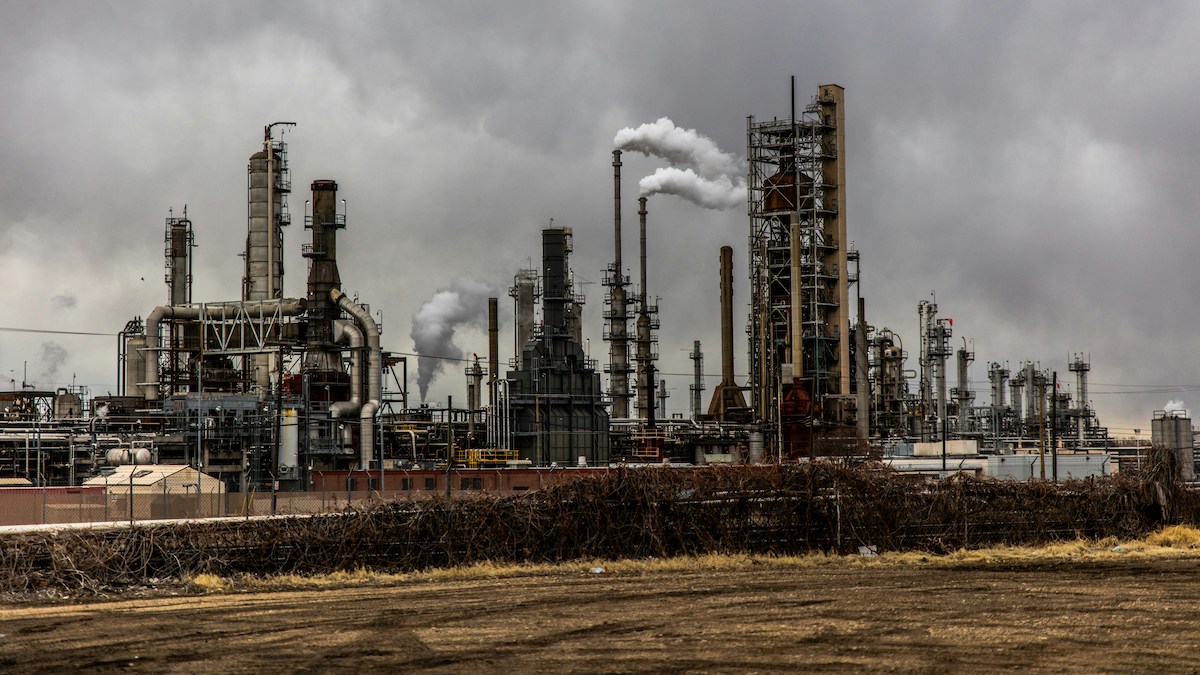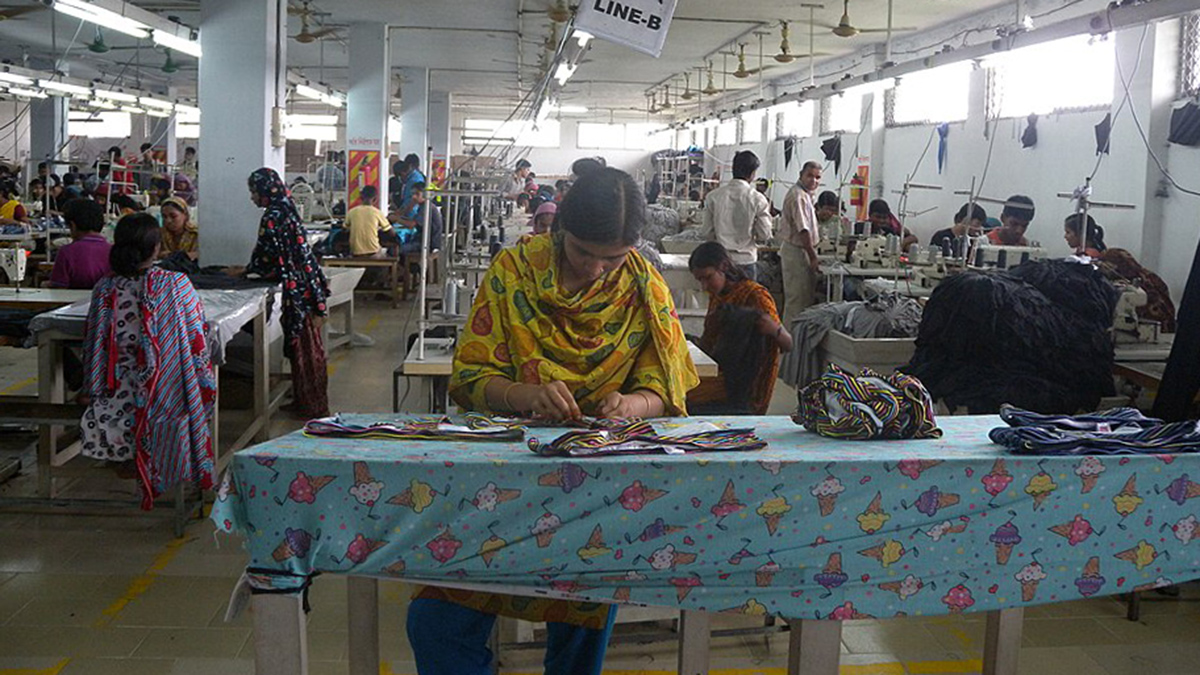At a 20 February event in Kentucky, the Trump administration announced plans to loosen pollution restrictions for coal-burning power plants, including limits on emissions of mercury, a hazardous neurotoxin.
public health
New Method Could Improve U.S. Forecasting of West Nile Virus
An innovative model uses regional climate data and records of West Nile virus neuroinvasive disease to outperform existing forecasts, potentially helping communities prepare.
The Endangerment Finding Is Lost
Tomorrow, the EPA will revoke the 2009 Endangerment Finding, finalizing a July proposal to do so, Press Secretary Karoline Leavitt said in a 10 February announcement.
Partial Shutdown Over DHS Funding Ensnares Education, Health
The U.S. government entered a partial shutdown Saturday at 12:01 Eastern after the Senate failed to resolve a showdown over funding for DHS and restrictions on ICE.
Wildfire Smoke Linked to 17,000 Strokes Annually in the United States
A study of 25 million Medicare participants adds to a body of evidence suggesting that prolonged exposure to wildfire smoke is more harmful to human health than other forms of air pollution.
The Looming Data Loss That Threatens Public Safety and Prosperity
Cuts to funding and staff needed to maintain trusted datasets of reference Earth system observations could limit their availability and quality, undermining hazard predictions and risk assessments.
Fungal Spores in Wildfire Smoke Could Cause Lung Disease
Mice exposed to fungi spready by wildfires developed symptoms, exposing a potential health hazard to humans that has been understudied.
California Schools Are Feeling the Heat
Even though trees help keep children safe from the Sun, some school districts have lost 25% of their tree canopy in just 4 years.
EPA to Abandon Stricter PM2.5 Air Pollution Limits
The U.S. Environmental Protection Agency moved this week to reduce limits on fine particulate air pollution, including soot, set by the Biden administration last year.
Garment Factories Are Heating Up. Here’s How Workers Can Stay Cool
The solutions are simple, but economic barriers remain high.

